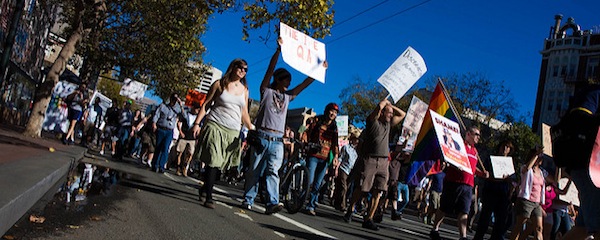SOPHIE REID reveals the unsettling depths in Daphne du Maurier’s short stories: ‘… they offer complete worlds, ask questions, and leave you wanting more. Many explore themes of what it is to be human, the darkness in our minds, and the darker sides of life.’
MIKE SMITH delves into Stacy Aumonier’s short story ‘A Man of Letters’ and discovers where this writer’s intellectual standards really lie: ‘He sets himself a difficult task, because his eponymous hero is a working class chap with atrocious spelling and a weak grasp on language…’
Longlisted in the 2016 Competition, GINA CHALLEN discovers Australia through the tales of Louis de Bernières: ‘The tales themselves are straightforward in the telling, uncomplicated, and de Bernières’ simple language creates a style that resonates with the rhythms and cadence of the spoken word…’
Longlisted in the 2016 Competition, NICOLE MANSOUR appreciates the murkier side of Australia in Elizabeth Harrower’s A Few Days in the Country: ‘Few Australian writers, in my opinion, traverse these dim corners of ambiguity, or unearth this more uncommon caliginosity from far beneath its exterior, in either their characters or their writing – Murray Bail and Gerard Murnane are notable exceptions. Elizabeth Harrower is another…’
Author ERINNA METTLER explores the various options available for publishing a collection of short stories today: ‘Sadly, many agents don’t take on short story collections because publishers won’t read them … No matter, this is the way it is, so we will have to find a way around it…’
Longlisted in the 2016 Competition, DAVID BUTLER finds a distinctive universe, the human condition and entertainment in Eudora Welty’s ‘A Worn Path’: ‘It is a world contiguous with that of the Brer Rabbit stories of Uncle Remus and, like them, it has something of the quality of myth…’
Longlisted in the 2016 Competition, ELEANOR FITZSIMONS profiles the life and short story writing of ‘New Woman’ George Egerton: ‘Egerton’s women reject their proscribed roles as guardians of morality, and refuse to engage in the heteronormative courtship plots familiar to readers of the time. Instead, they cooperate with other women, often overcoming constructed ethnic and social divisions in pursuit of agency and self-determination…’
Longlisted in the 2016 Competition, SUE WILSEA finds contemporary resonance and universal thruths in Winifred Holtby’s Remember, Remember! ‘As well as being a prolific writer of not just fiction but also of journalese, reviews and lectures, she was also a political campaigner, reformer and political activist, most notably for black trade union rights in South Africa. Without doubt, today she would have been on the picket line with the junior doctors and campaigning on behalf of migrants…’
In this longlisted essay from the 2016 Competition, Stephanie Williamson discovers women that history cast aside, in Megan Mayhew Bergman’s Almost Famous Women collection: ‘What stunned me while reading this book was that these women were so daring, so different and so controversial, yet they were still forgotten. Some of them were overshadowed by more famous relatives, others never given the chance to shine…’
In this longlisted essay from the 2016 Competition, TRACY FELLS wonders whether she would accept Roald Dahl’s Golden Contract in ‘The Great Automatic Grammatizator’: ‘With fiction Dahl could pinpoint, with cringing accuracy, what makes us tick. He knew our darkest fears, worst nightmares and exposed our secret desires in all their gluttonous glory…’









